Friendship Breakups: What You’re Really Outgrowing Isn’t Them
Not every friendship ending is a sign of growth. Sometimes it's avoidance. Sometimes it's ego. And sometimes it's the story we tell ourselves to avoid deeper truths.
What You’re Really Outgrowing
You’re distancing from an old version of yourself—not the people who held you through it.
I don’t outgrow people I once loved. I return them back to themselves. I release them to their autonomy, where they always belonged. I keep the pieces they left with me some tender, some jagged, some still echoing in the quiet. That doesn’t mean I’ve “surpassed” them. It means our journeys stopped harmonizing. That’s not superiority. That’s divergence.
What I see far too often is people claiming they’ve outgrown someone when what they really mean is: “I’m uncomfortable with who I used to be.” The parts of yourself that clung to chaos, ran from vulnerability, sought validation through productivity—those are the pieces you’re now distancing from. And rather than naming that as self-work, you label it as growth that left someone else behind.
But growth that isolates, refuses repair, and demands performance isn’t maturity. It’s branding.
I watch people let go of friendships because one person didn’t post enough, match their aesthetic, or keep up with their new spiritual vocabulary. Meanwhile, the real work—emotional depth, conflict navigation, community reciprocity—is left untouched. That’s not growth. That’s aesthetic evolution.
I don’t outgrow people. I outgrow dynamics. I evolve the version of myself that once bonded to them. That version may have loved chaos, lacked boundaries, or used humour to survive. When I outgrow that version, the friendship naturally shifts. But I don’t project my discomfort onto them. I don’t rewrite the story to make them the failure.
Measuring Growth by Whose Standards?
When “healing” becomes hierarchy and branding replaces accountability.
Let’s name the Western markers people often use to justify “outgrowing” others: productivity, social capital, aesthetics, public reach, and personal branding. You became more visible, got busier, cleaned up your image. Now you say you’ve evolved. Maybe. But maybe what you actually did was create a version of yourself more palatable to a particular audience—and less available to the messiness of relational maintenance.
When people talk about who they’ve outgrown, it’s rarely about their friend’s refusal to grow emotionally. It’s usually a subtle complaint: “They don’t add value to my current lifestyle.” But what are you measuring that value against?
The people who say they’ve outgrown others often still haven’t developed basic conflict navigation. They ghost instead of repairing. They brand themselves as “boundaries-first” while refusing to sit through discomfort. They quote therapy language they never integrate. And they center their healing arc as evidence of superiority rather than as a responsibility to show up with more nuance.
Meanwhile, the quiet skills—emotional maturity, community repair, accountability in rupture—sit untouched. Underdeveloped. Avoided.
It’s easier to call someone “no longer aligned” than it is to ask:
• Did I tell them how I changed?
• Did I allow space for them to meet the new version of me?
• Was I patient with the lag between my growth and their adjustment?
• Did I give what I now expect?
Outgrowing someone becomes an easy out when what’s actually needed is accountability for the parts of you that let the relationship slip without explanation.
What I Actually Track—The Autistic Friendship Inventory
How I use documentation and memory tools to honor relational clarity not vibes; as an autistic woman.
I don’t use vibes to end friendships. I use a spreadsheet. I don’t cancel people over assumptions—I keep records, track conversations, review my own needs, and then move. That’s what being autistic taught me: systems create clarity.
My Friendship Inventory tracks how often I feel safe, how often I’m asked to accommodate, how much repair is possible, and how aligned we are emotionally. I log reminders for their birthdays. I document our conversations, what I learn from them, what triggers to avoid. It’s not controlling. It’s how I maintain intimacy and accountability when my memory or executive functioning might fail me.
And sometimes, in that documentation, I see things clearly:
• They’ve crossed boundaries I’ve explained multiple times.
• They never asked about what matters to me.
• They can’t handle direct communication.
That’s when I start grieving.
I don’t outgrow them. But I stop dragging us both through a relationship no longer sustained by mutual care. And sometimes I write the goodbye. Other times I accept the silence.
A Friendship Breakup I Didn’t Want—but Had to Accept
We didn’t fall apart—we misaligned. And I still carry the good parts.
There’s one friendship I still grieve. One I tried to save. I initiated conversations, showed up in crisis, and gently named what wasn’t working. I asked for time, for presence, for realignment. But our needs were no longer meeting in the middle. And that’s what people don’t tell you: misalignment doesn’t mean malice. Sometimes it means grief. Sometimes it means waking up to a friendship you can no longer recognize—because one of you has stopped pretending.
I suspect now that she’s neurodivergent too. Brilliant, deeply driven, an overachiever who lived by lists and perfection. She masked her needs through productivity. We were both hiding but in different ways. But she couldn’t see me when I stopped performing. When I began to unmask, to care for myself more intentionally, to name my disability out loud, I think I became a mirror. And not a welcome one.
I was no longer performing the version of myself that made others comfortable. And for someone still fighting to maintain a curated self, that felt threatening. I don’t say this to blame her. I saw how much she was struggling with her own regulation, her own masking. But instead of connection, something broke. I became a trigger. My softness, my slowness, my refusal to fix everyone around me it clashed with the version of friendship she knew. The version where I made space but asked for none.
And I was in the worst phase of my life. Barely holding it together. I needed friendships that saw my full humanity, not ones that required a performance of competence to be kept close.
I had no desire to be projected on by someone who couldn’t yet see their own reflection and had no interest in exploring why everything hurt.
After months of emotional check-ins, unsent drafts, and trying to take stock through a kind of friendship inventory, I realized I was exhausting myself in a dynamic that only moved in one direction. She’d pester me to leave the house when I was cocooned at home—because she needed me. I dragged myself out in a snowstorm, spent $100 just to show up—and then be surprised when she requested the standard Swedish Swish (cashapp) entry fee—$20—for the event SHE had asked me to attend and listen to her worries as I navigated trauma and speechloss.
That’s when my brain did a little mental rewind and landed on a scene: me hacking into systems so I could buy her two VIP Beyoncé tickets because she was sad. Yes, that actually happened the renaissance tour. And still no reciprocity, no curiosity, no real effort to learn me while I was constantly learning her.
Somewhere between the overpriced cover charge and the underpriced friendship, I realized: We weren’t on the same journey. I was investing, she was withdrawing.
So, I finally wrote a message:
“Thank you for the many years and experiences. I don’t think we can repair this right now. But I wish you well.”
That became the beginning of closure. And maybe, too, the moment she realized: the version of me she had grown comfortable with was no longer here. That self was dissolving. The new me was on a different road. And maybe, just maybe, she was on her own path too.
Not the erasure of what we had but the boundary that acknowledged we were no longer who we were. Not every ending is abandonment. Some are self-preservation. Especially when one person is stuck on burnout island, and the other is finally learning to rest.
I didn’t slam the door. But I stopped holding it open while they walked away.
Why “Outgrowing” Friends Can Block Reconnection and Healing
Reunions, full-circle healing, and the possibility of meeting again—after you’ve both grown and egos step aside.
Everyone talks about friendship breakups. But who talks about friendship returns?
We love romantic reunion stories—lovers who find their way back to each other after time apart, growth, healing, or chaos. But friendship? We flatten it. We turn it into a one-directional timeline, saying things like “I outgrew them,” as if growth always means walking away. As if people can’t meet again in a different season.
Growth isn’t always a clean exit. It’s often a spiral. A loop. A pause. Sometimes the version of me that left couldn’t hold the friendship but maybe the version of me now could, if they’ve also grown.
This is what’s lost when we “move on” too fast: the possibility of reunion. Of seeing each other again without performance. Of showing up differently.
I don’t shut the door unless I’m unsafe.
I don’t outgrow people—I return them to themselves.
Because sometimes, life will reintroduce them. Sometimes they learned to love you better. And maybe now, you’ve learned to receive it.
But if you believe you’re above the people who once held you because of a title, a “healed” aesthetic, or a curated timeline you’ve cut yourself off from the beauty of full-circle friendship. You’ve mistaken divergence for hierarchy. You’ve chosen ego over possibility.
And I don’t think we’re meant to live like that. That’s not how my ethnic group lived in community that survived based on repair.
Have you ever ended a friendship and only later realized what you were actually grieving?
Friendship Breakups and Letting Go Without Framing Yourself the Hero
Friendship isn’t a brand collaboration. It’s not about aesthetics or aligned LinkedIn goals. It’s a layered, lived-in commitment to grow beside someone, even when you’re not always moving at the same pace.
Relational maturity isn’t about keeping people forever. It’s about leaving with clarity.
It’s about saying, “This friendship no longer feels aligned,” without implying you’ve outgrown the other person like they’re a discarded version of your former self. It’s resisting the temptation to turn transitions into trophies. It’s recognizing that just because you changed doesn’t mean they failed to. Maybe their growth looked different. Maybe they were grieving while you were evolving.
When I say I don’t “outgrow” people, what I mean is this:
I reject the main-character lens that centers my development as superior.
I reject the ego that needs to name every ending as proof that I’m further along, more self-aware, or doing “the work” better than someone else.
Because here’s the truth:The people you part ways with? They were your mirrors. They reflected your mess and your joy. They held your grief in silence. They laughed with you in the middle of your most undone moments. They didn’t ask for a front-row seat to your healing journey just to be discarded at the next milestone.
And if you were really growing emotionally, relationally, spiritually you’d know how to name that.
With grace. With nuance. With gratitude.
Maturity isn’t found in distancing. It’s found in how you handle the departure.
It’s found in your tone. Your timing. Your willingness to say: “This was meaningful, and now it’s no longer right for me.”
Not: “I’ve evolved and left you behind.”
This nuance matters especially for those of us who are neurodivergent and have spent years learning how to navigate the loss of friendships without falling into the binary of villain vs. victim.

Friendship Breakups When You’re Autistic: Boundaries, Grief, and Return
We don’t need to die for each other. But we do need to hold each other with care—even when we part. Especially when we once carried vital pieces of each other’s roadmaps.
I’m a ride-or-die. But I’m not dying for someone who won’t show up for the living part. For my living parts and rebirths too. And that’s not cruelty. That’s a boundary.
Autistics often get caught in the “fixing” loop. We survive something pain, disconnection, betrayal and instead of sitting with it, we try to pass on the blueprint. We want others to avoid what we had to feel. That compulsion to preemptively educate, to drag people toward their own healing, to keep them safe even at our expense it’s not friendship. It’s self-erasure.
We don’t need to martyr ourselves to be good friends.
Sometimes putting on your own oxygen mask first means letting go of people you love. Sometimes the most loving thing you can do is stop offering a front-row seat to someone who no longer sees you clearly.
And when I say goodbye whatever preconceived ideas people have about autistic bluntness I do it with truth and tenderness. I walk away carrying everything I learned about you: your laugh, your fears, your avoidant attachment, the way you wanted to be held without ever saying it. I don’t forget. That’s not how I’m wired.
That is my love language of farewell. It doesn’t come with slamming doors or spiteful silence. It comes with softness. A cracked door. A nightlight left on, not the big light. Never the big light. But the small one, the one by the hallway, just bright enough that if you ever do the work, if you ever wander past your own shadows and toward mutuality you might find your way back.
If we ever meet again, it will be as new versions of ourselves. But the memory of who we were? I carry that gently. That version of you mattered to me too.
If this piece met you where you are—share it, reflect on it, or use it to write your own inventory. I write from the margins because that’s where most of us are told to heal quietly. You’re not alone in your divergence. You’re just evolving differently.
Here are a few of my other essays exploring friendships, boundaries, and neurodivergence:
Who is Lovette Jallow?
Lovette Jallow is one of Scandinavia’s most influential voices on systemic racism, intersectional justice, and human rights. A nine-time award-winning author, keynote speaker, lecturer, and humanitarian, she specializes in neurodiversity, workplace inclusion, and structural policy reform.
As one of the few Black, queer, autistic, ADHD, and Muslim women working at the intersection of human rights, systemic accountability, and corporate transformation, Lovette brings an unmatched perspective rooted in both lived experience and professional expertise. Her work bridges the gap between theory, research, and action, helping organizations move beyond performative diversity efforts toward sustainable, structural change.
She has worked across Sweden, The Gambia, Libya, and Lebanon, tackling institutional racism, legal discrimination, and refugee protection. Her expertise has been sought by global publications like The New York Times, on high-profile legal cases, and by international humanitarian organizations, where she has provided critical insights on racial justice, policy reform, and equity-driven leadership.
As the founder of Action for Humanity, Lovette collaborates with businesses, policymakers, and institutions to develop equity-centered solutions that are practical, measurable, and embedded in long-term strategy.
Follow Lovette Jallow – DEIB Strategist, Keynote Speaker & Humanitarian:
Website: lovettejallow.com
LinkedIn: linkedin.com/in/lovettejallow
Instagram: instagram.com/lovettejallow
YouTube: youtube.com/@jallowlovette
Twitter/X: twitter.com/lovettejallow
Action for Humanity Instagram: instagram.com/action4humanity_se


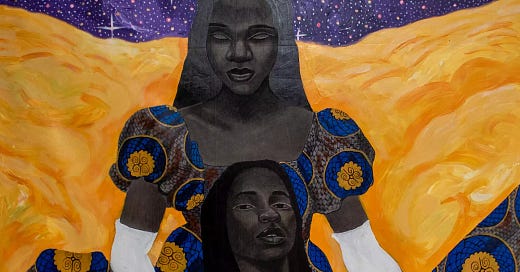

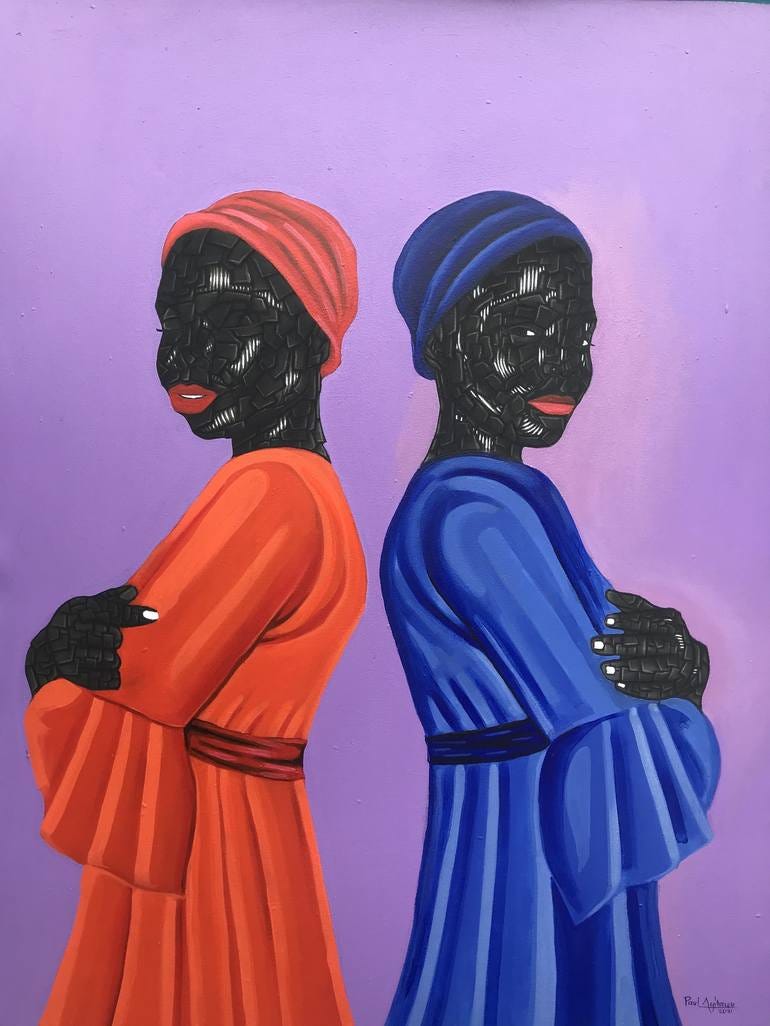
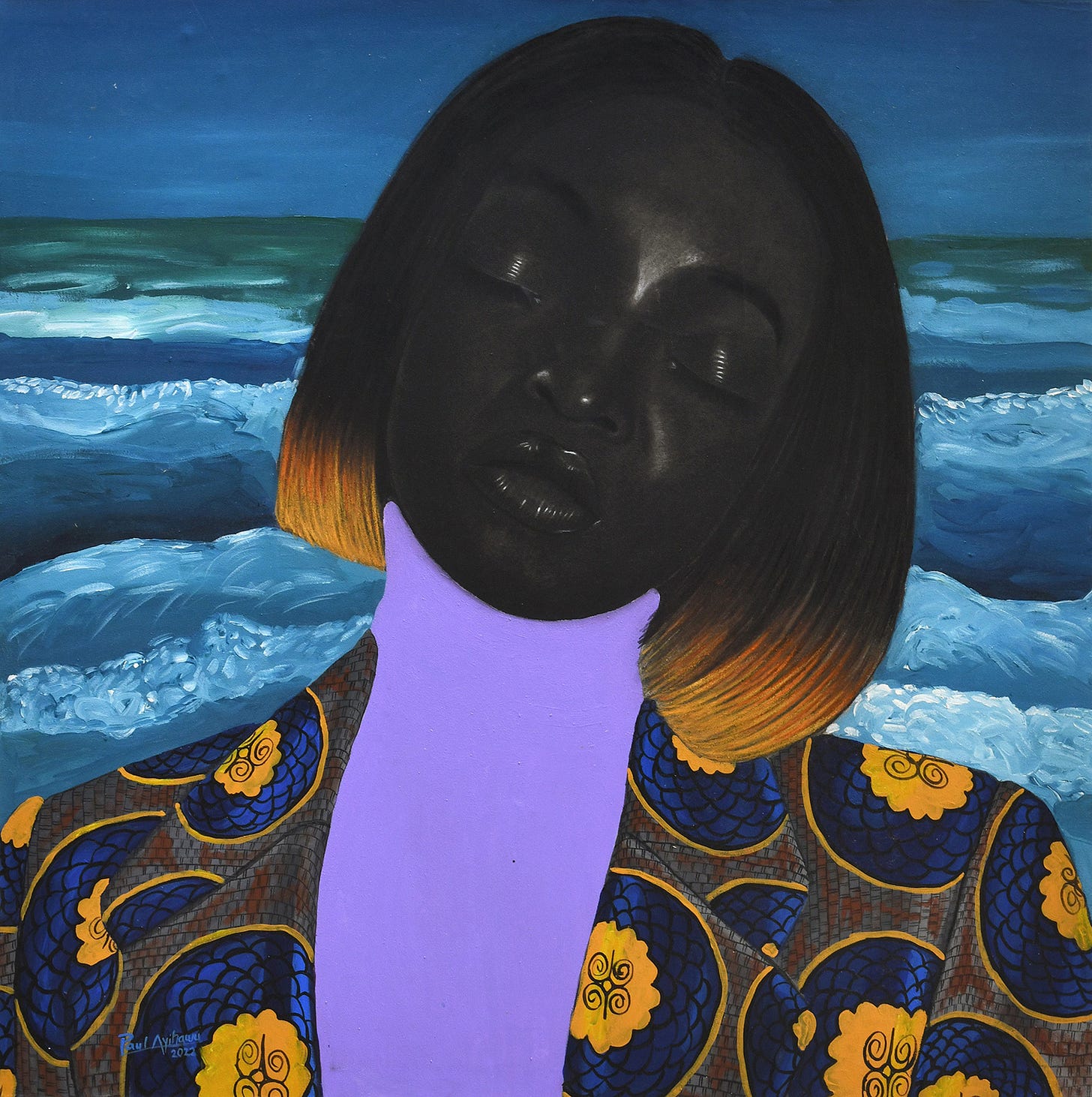
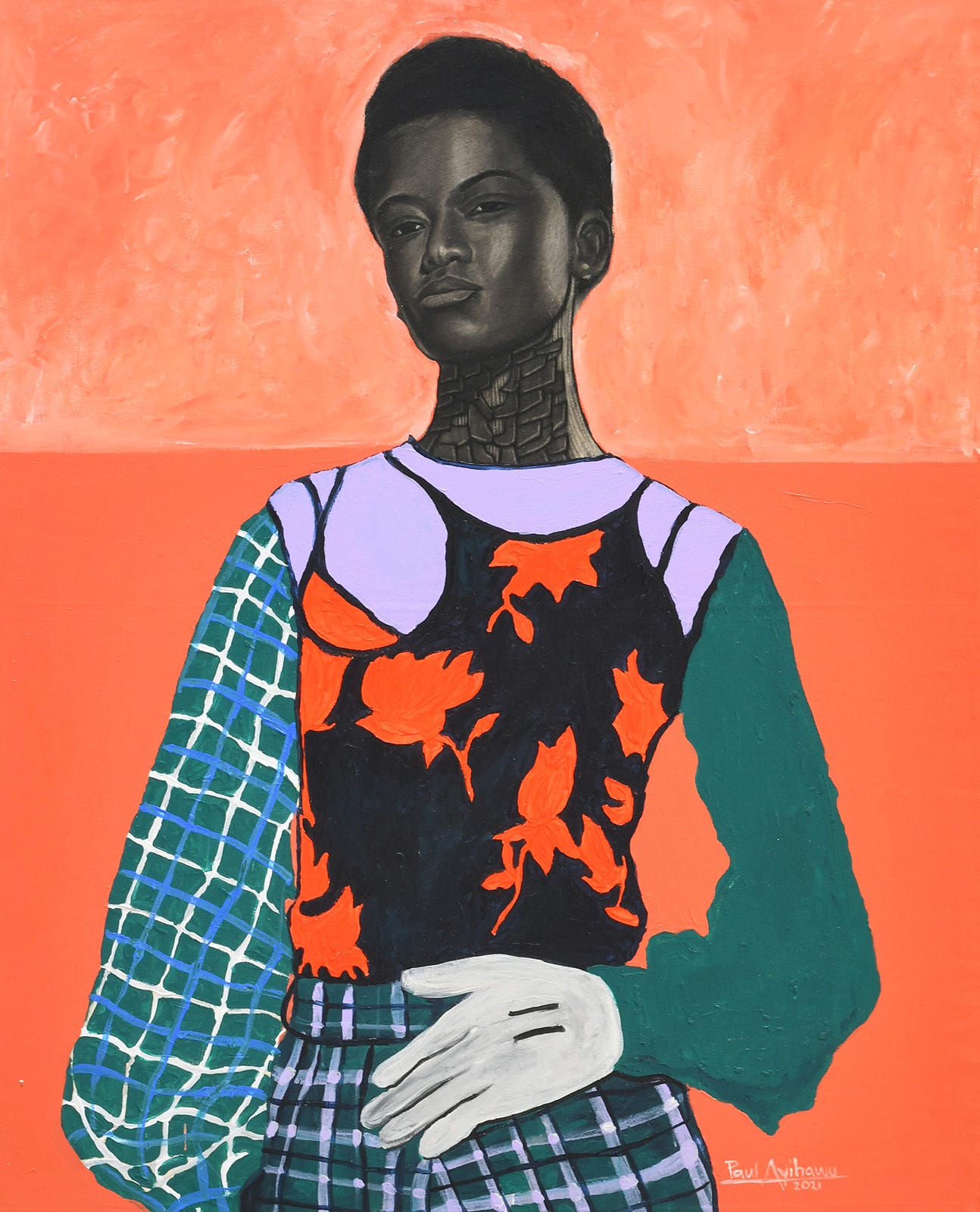




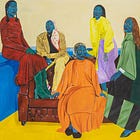
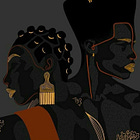
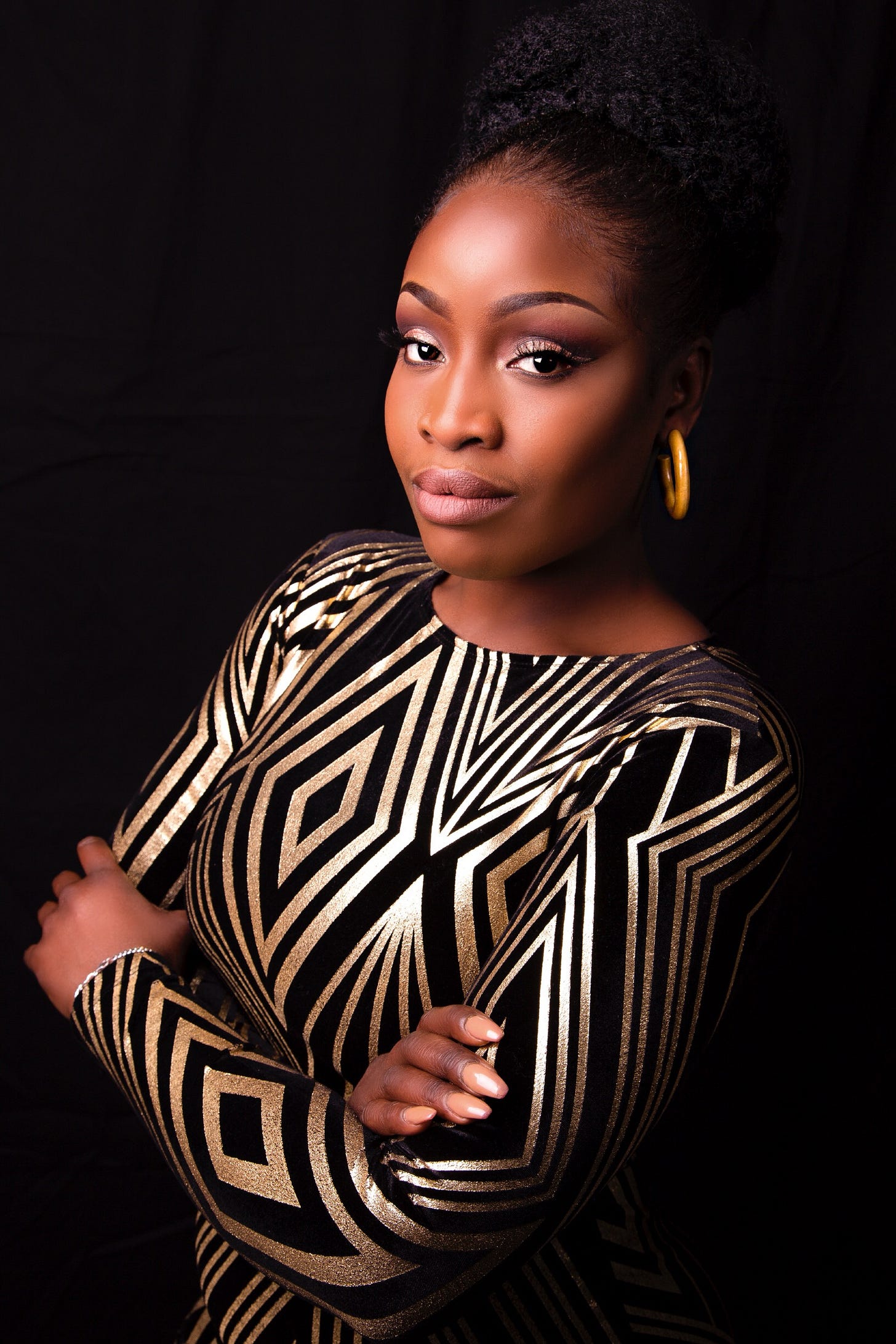
Lovette, this is a beautiful, vulnerable article. Thank you for sharing, and for helping me see that gratitude for friendship allows us to heal, too.
Thank you for referencing this article in the comment section of your most recent one. "They didn’t ask for a front-row seat to your healing journey just to be discarded at the next milestone." Wow. You write so poetically and with so much truth! I needed to read that line. Thank you for the wisdom you've written here. Now I know I need to have a conversation with my friend to tell her how I've changed and give her space to hear it and understand me. I'll be patient. She's held me through the hard times (literally) and now I can give her the space to learn this new part of me.